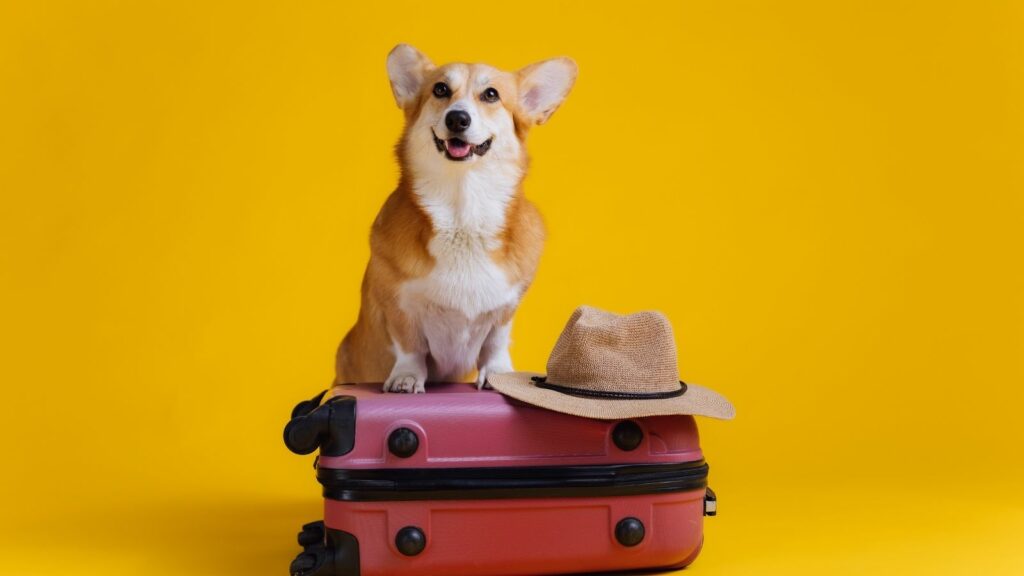Owning a pet is a fulfilling experience that brings joy and companionship but also comes with unexpected financial responsibilities. While many pet owners consider basic costs like food, grooming, and veterinary care, numerous hidden expenses can catch them off guard. The costs can add up quickly, from specialized dietary needs and training classes to emergency medical bills and pet insurance. Moreover, pet-sitting services during vacations, unexpected repairs due to pet-related damage, and long-term care expenses are often overlooked. This article explores 18 shocking costs of pet ownership that every potential pet owner should consider before bringing a furry friend home.
Veterinary Emergency Expenses
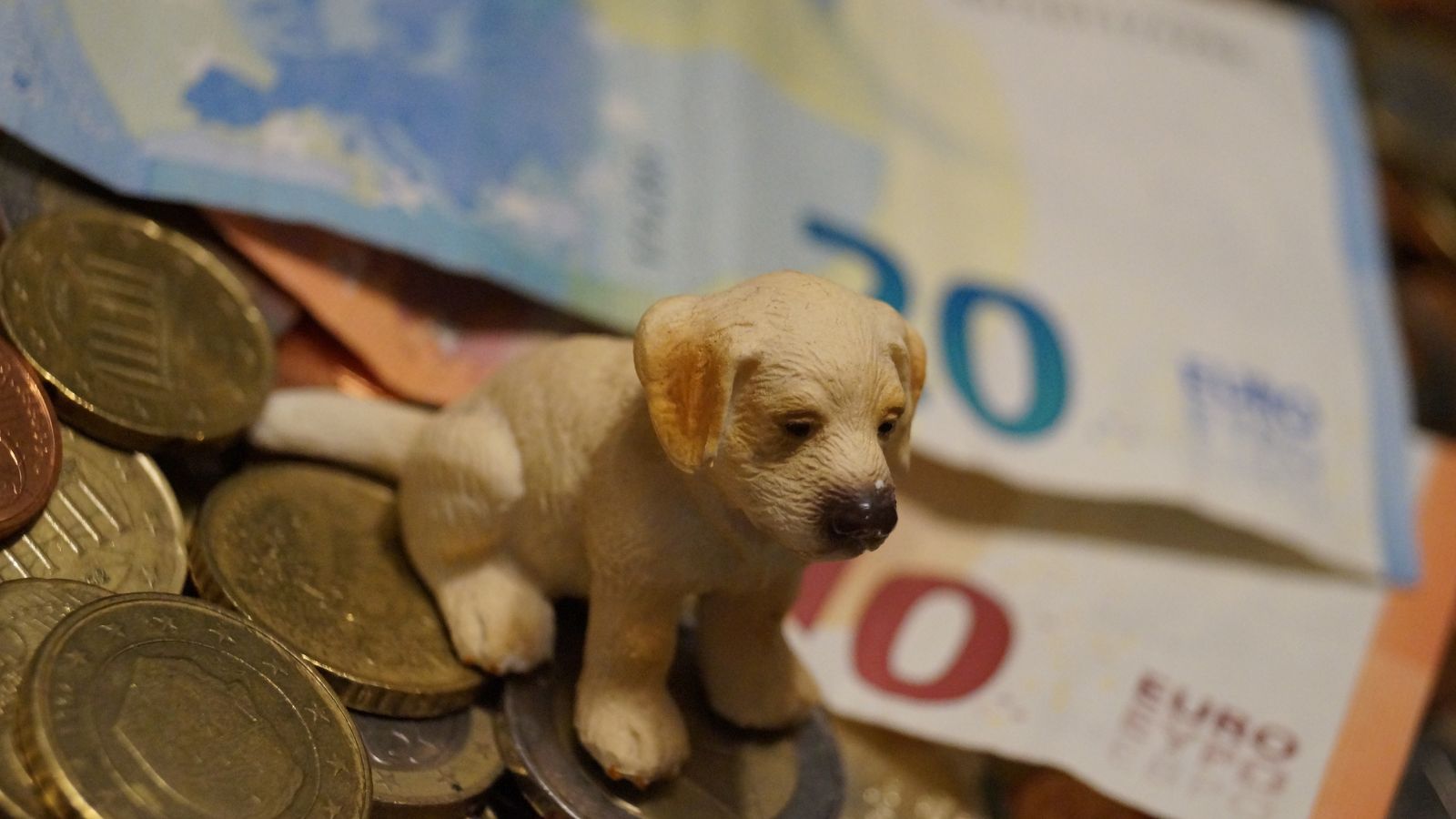
Veterinary check-ups are routine, but emergencies can happen anytime and come with a hefty price. Emergency veterinary expenses may range from hundreds to thousands of dollars, including unscheduled treatments or extended hospital stays for pets due to acute injuries or illnesses.
Exotic Medical Procedures
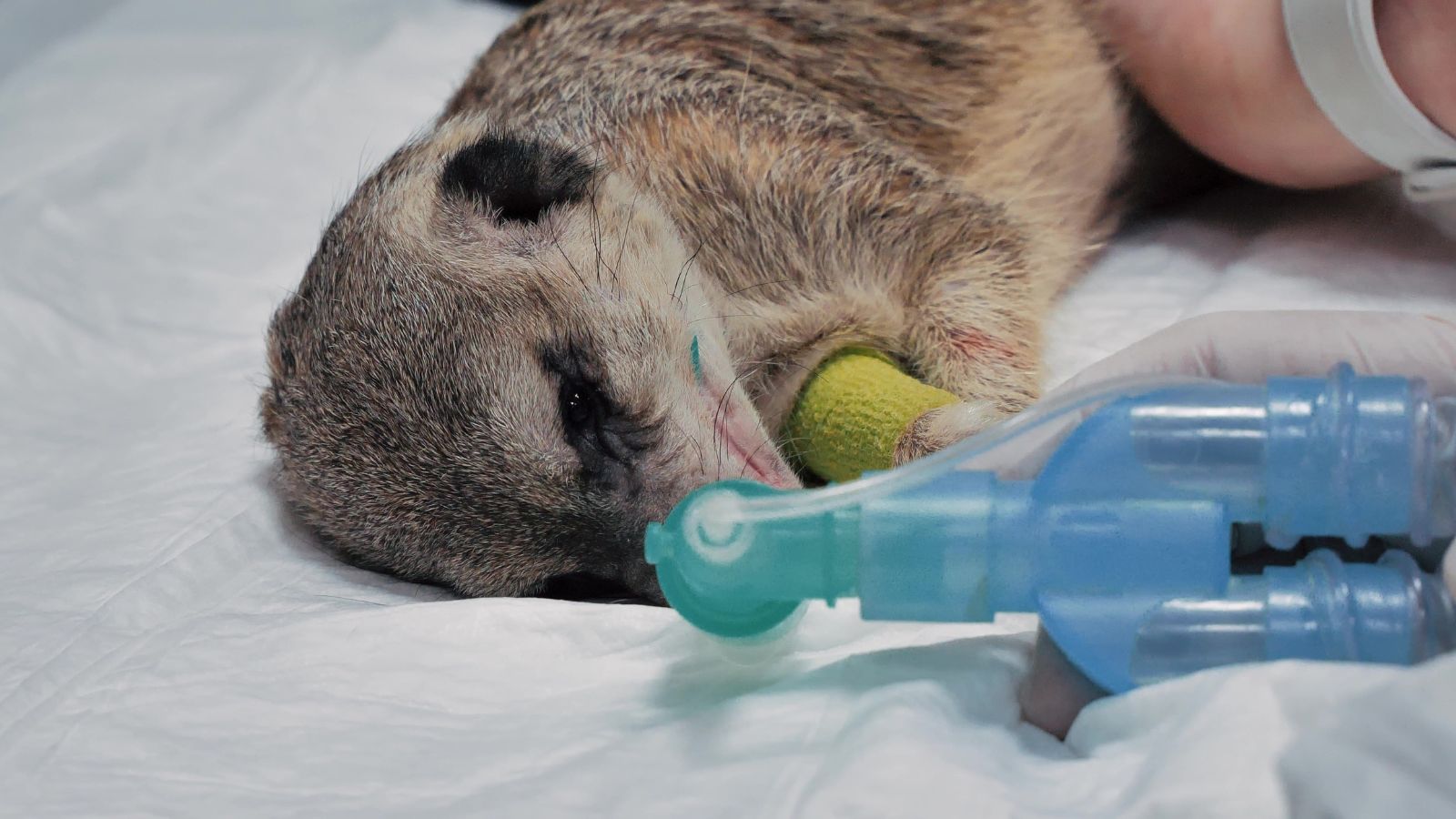
Some pets require specific medications or treatments for breed-related diseases or genetic disorders. For instance, certain breeds of dogs are susceptible to hip dysplasia, and surgery can cost roughly $3,000. Even more common diseases, such as diabetes or kidney disease, are chronic by nature and can quickly drive up the cost of medication.
Insurance Premium Costs
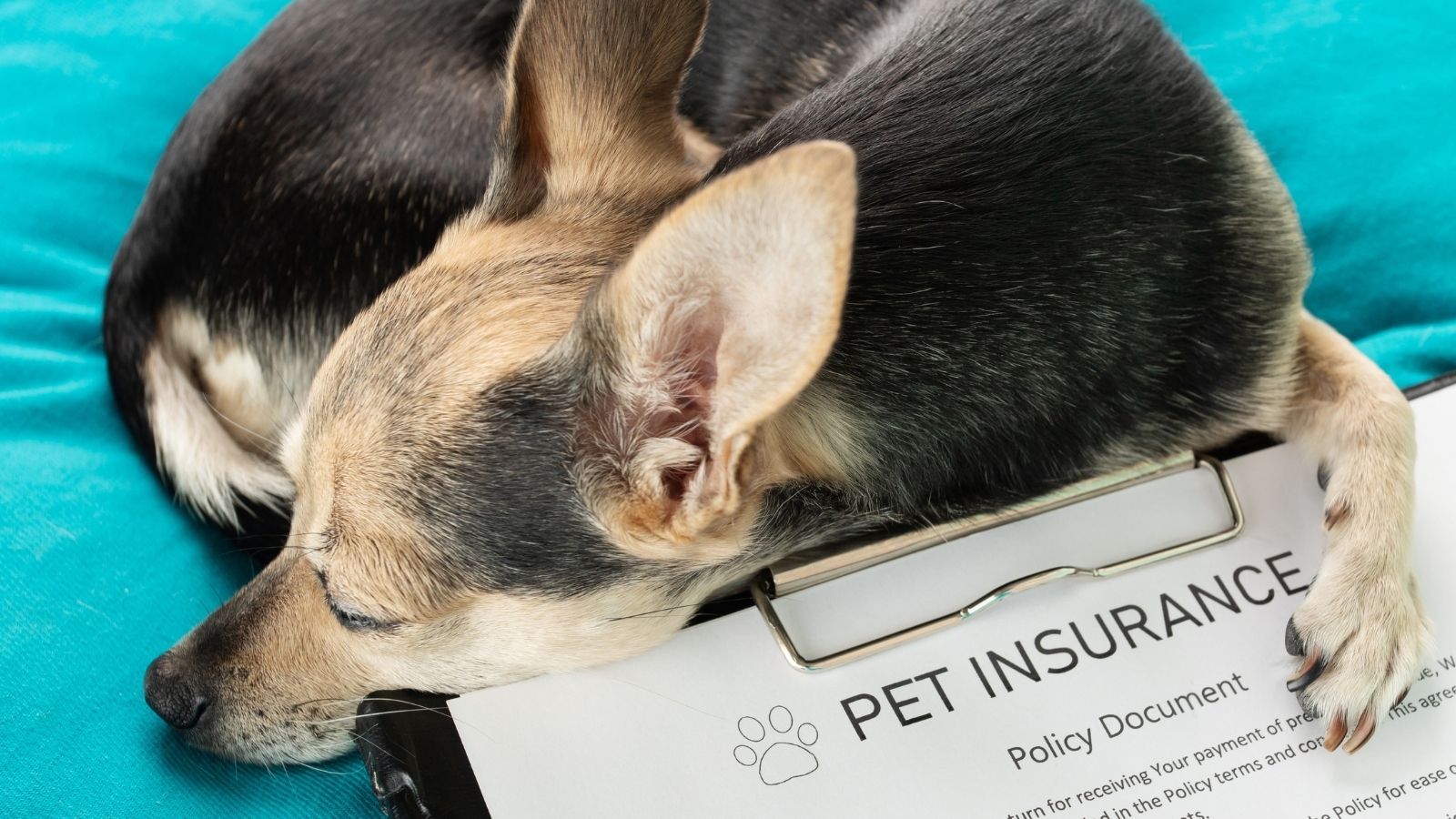
The costs for emergency and specialized treatments can be very high; thus, most pet owners choose to insure their pets. While this can save money over time, adding monthly or yearly premiums can make it expensive. The cost of a policy varies depending on the pet’s breed, age, and any pre-existing conditions.
Dental Care
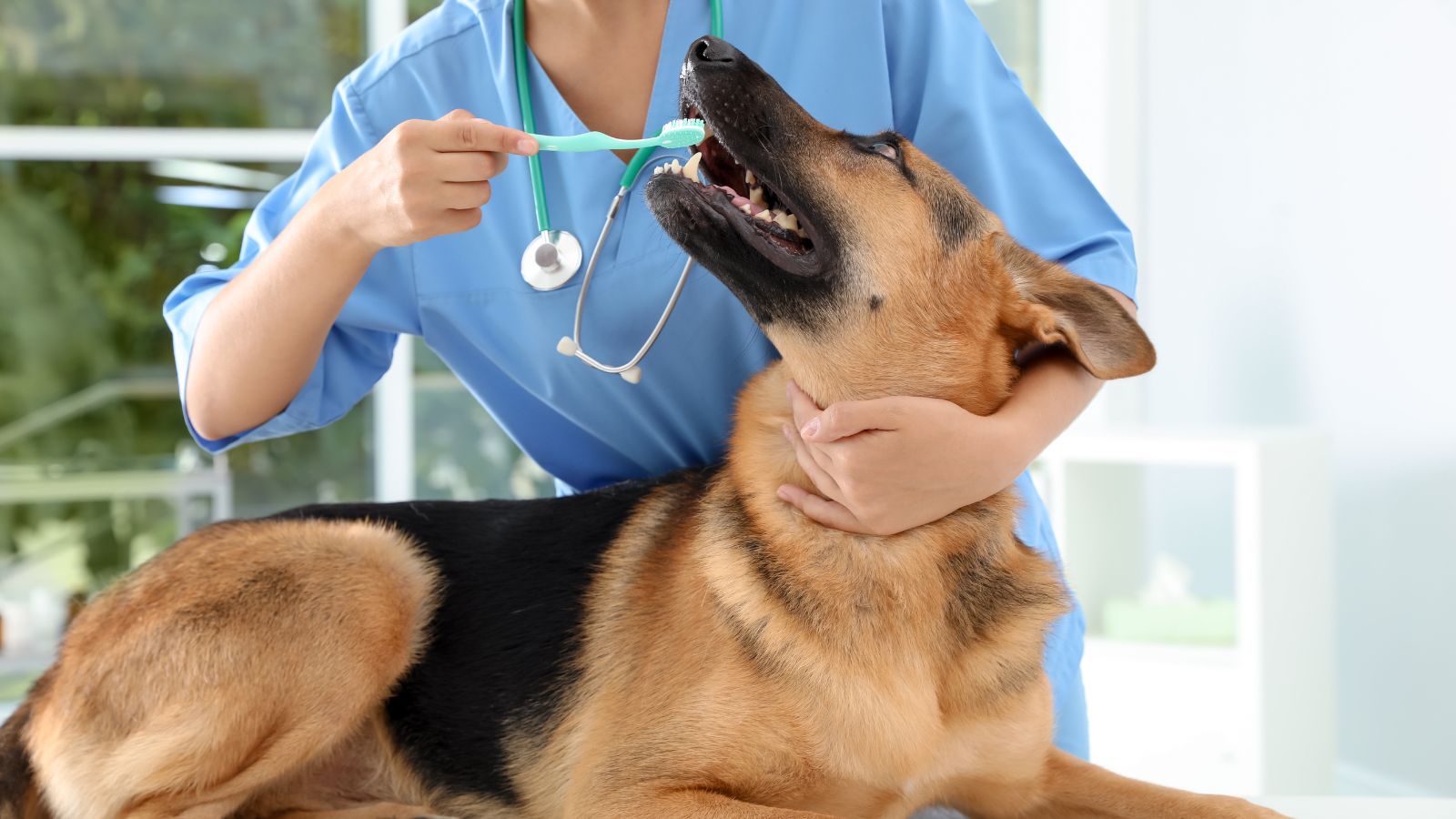
Like humans, pets need to have their teeth checked regularly and cleaned to prevent gum disease, tooth decay, and more. Anesthesia is commonly used in pet dental cleanings, so the cost is not the same as that of a human visit to the dentist. Neglecting a pet’s oral health may lead to costly surgeries in the future, such as tooth extraction or infection treatment.
Regular Grooming Costs
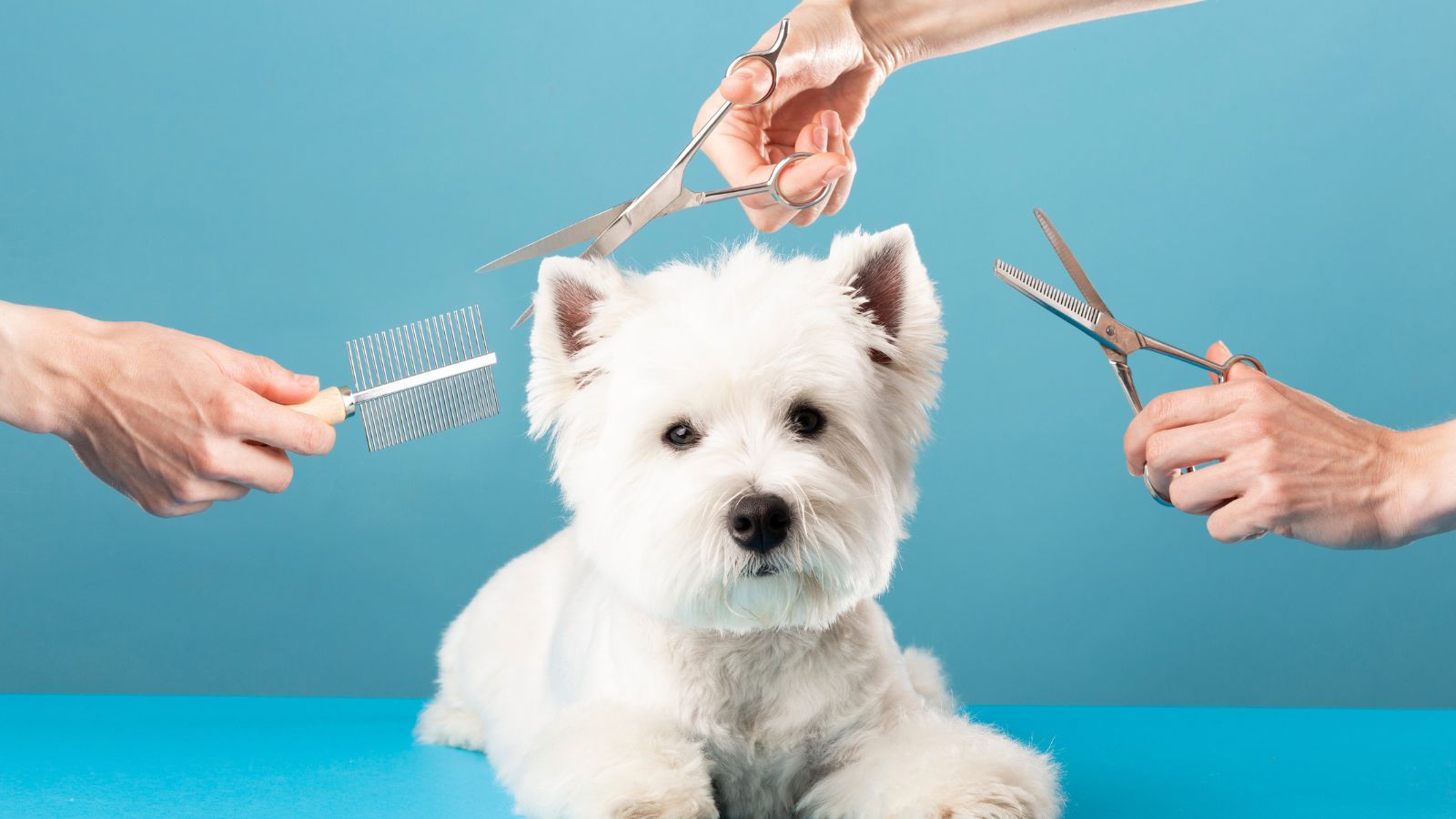
Maintenance also includes grooming, meaning some breeds will consistently incur regular expenses. This applies to breeds like Poodles, Shih Tzus, and even some cats, as grooming helps prevent matting and skin issues. Grooming appointments can add up to hundreds of dollars annually if you want your pet always to look neat and clean.
Boarding or Pet Sitting Fees

While away on a business trip or vacation, pet owners may require boarding homes or pet sitters. Costs for these services typically include fees for food, exercise, and attention. The level of service determines the boarding fee, which can range from $20 to $75 per night, depending on the facility and the nature of the services provided.
Pet Accessories and Comfort Items

Many owners enjoy giving their pets cozy beds, blankets, clothes, and toys. While these items are not essential, they certainly enhance a pet’s comfort and quality of life. Quality designer pet accessories can quickly become expensive, especially if you spoil your furry friend.
Food and Nutritional Supplements

High-quality food and nutritional supplements can significantly impact your pet’s health and lifespan, but the costs can increase quickly. The best options typically come from reputable brands that avoid fillers and provide a well-rounded diet. Additionally, if your pet requires a special diet due to allergies or medical conditions, this can further increase your food expenses.
Vaccinations and Preventative Medicines
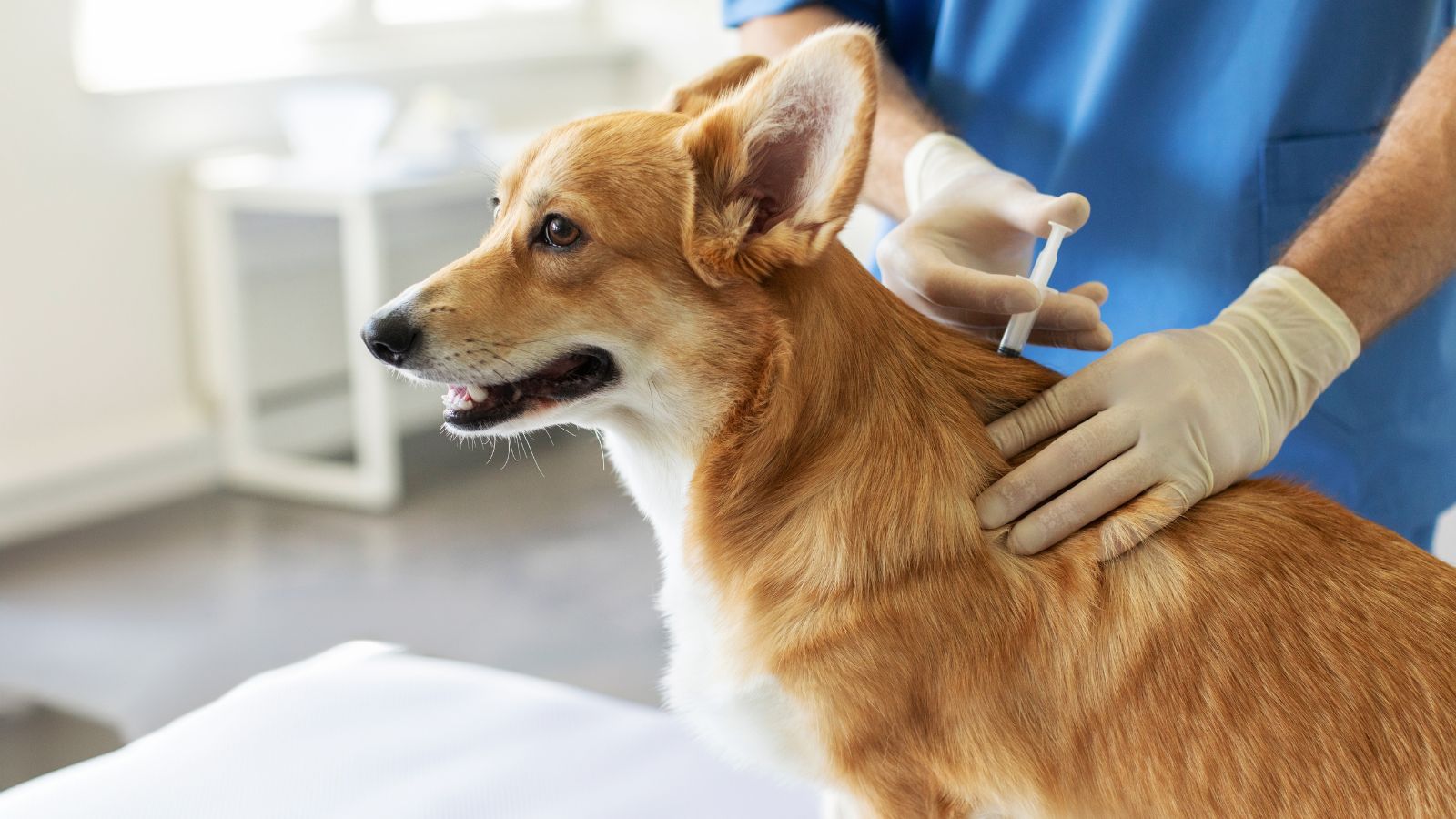
Vaccinations, flea, tick preventives, and deworming are essential recurring costs of pet ownership. These treatments protect pets from diseases and parasites that could lead to severe or fatal health issues. This can be particularly expensive for larger dogs, adding to the overall cost of pet care.
Charges for Boarding or Pet-Sitting
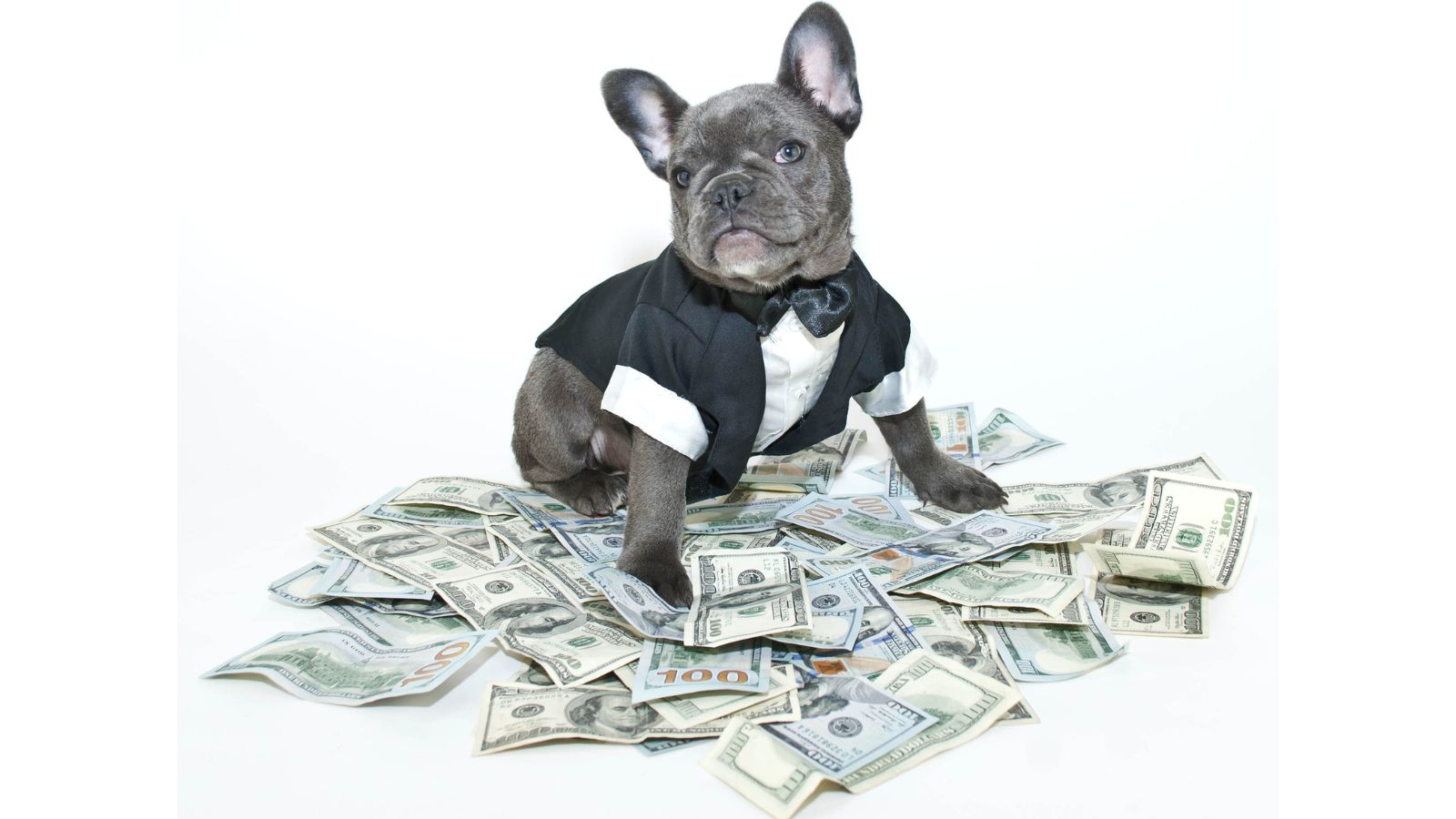
Pet owners may need boarding homes or pet sitters when traveling for business or vacation. The typical charges for boarding homes or pet sitters often include food, exercise, and attention fees.
Annual Check-ups Combined with Bloodwork
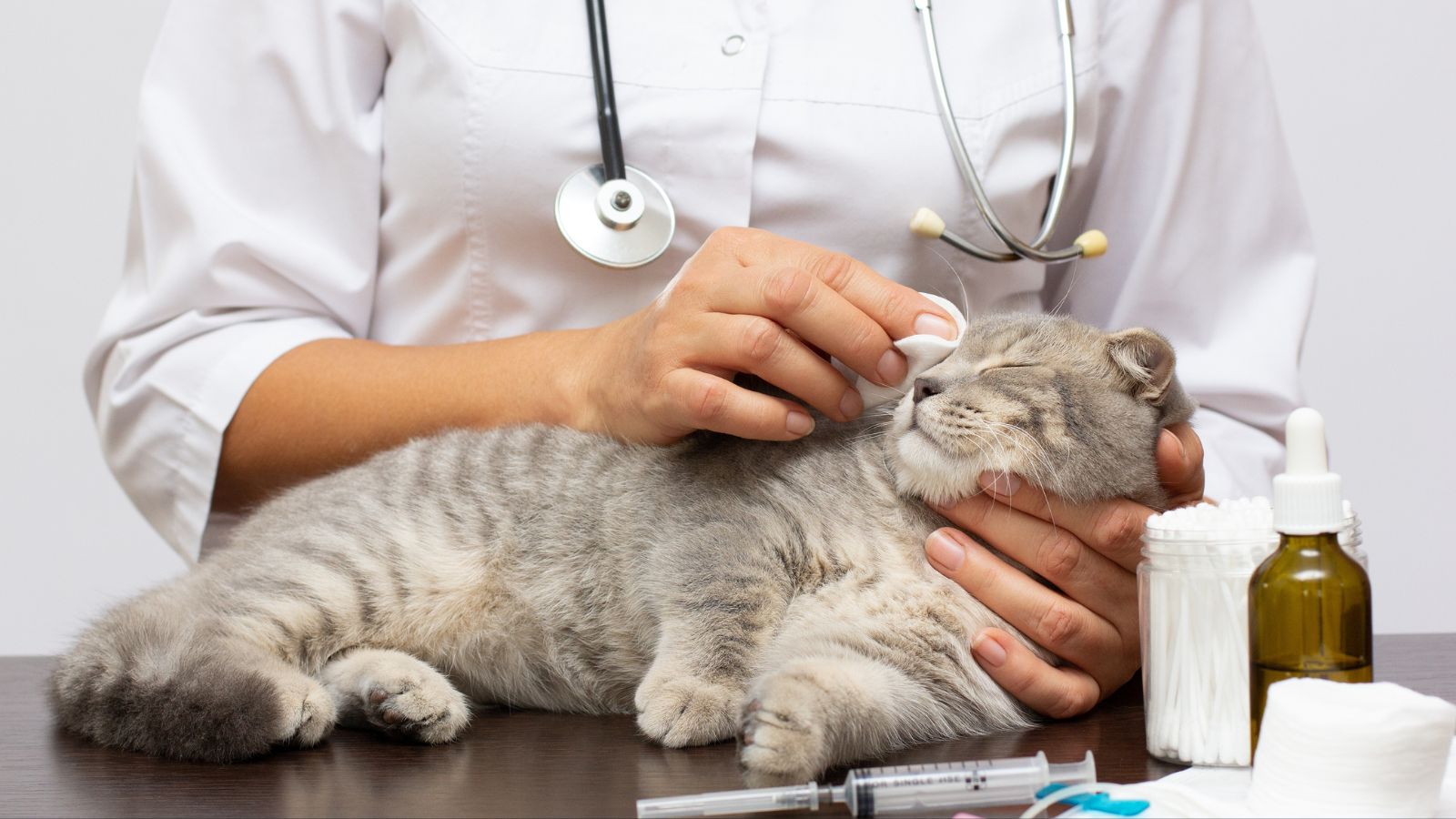
Annual check-ups by veterinarians are essential for monitoring your pet’s health. Most yearly check-ups include bloodwork that can identify potential health issues. While regular visits to a veterinarian may cost less than emergency treatments, these expenses can accumulate over time.
Pet Proof Your Home

To ensure a safe environment for playful pets, it’s essential to pet-proof your home. Standard measures include installing gates, using furniture covers, and securing harmful items. The costs associated with these precautions can vary depending on the type of home and pet, making them an often overlooked expense when welcoming a new furry friend.
Replace Defective Goods
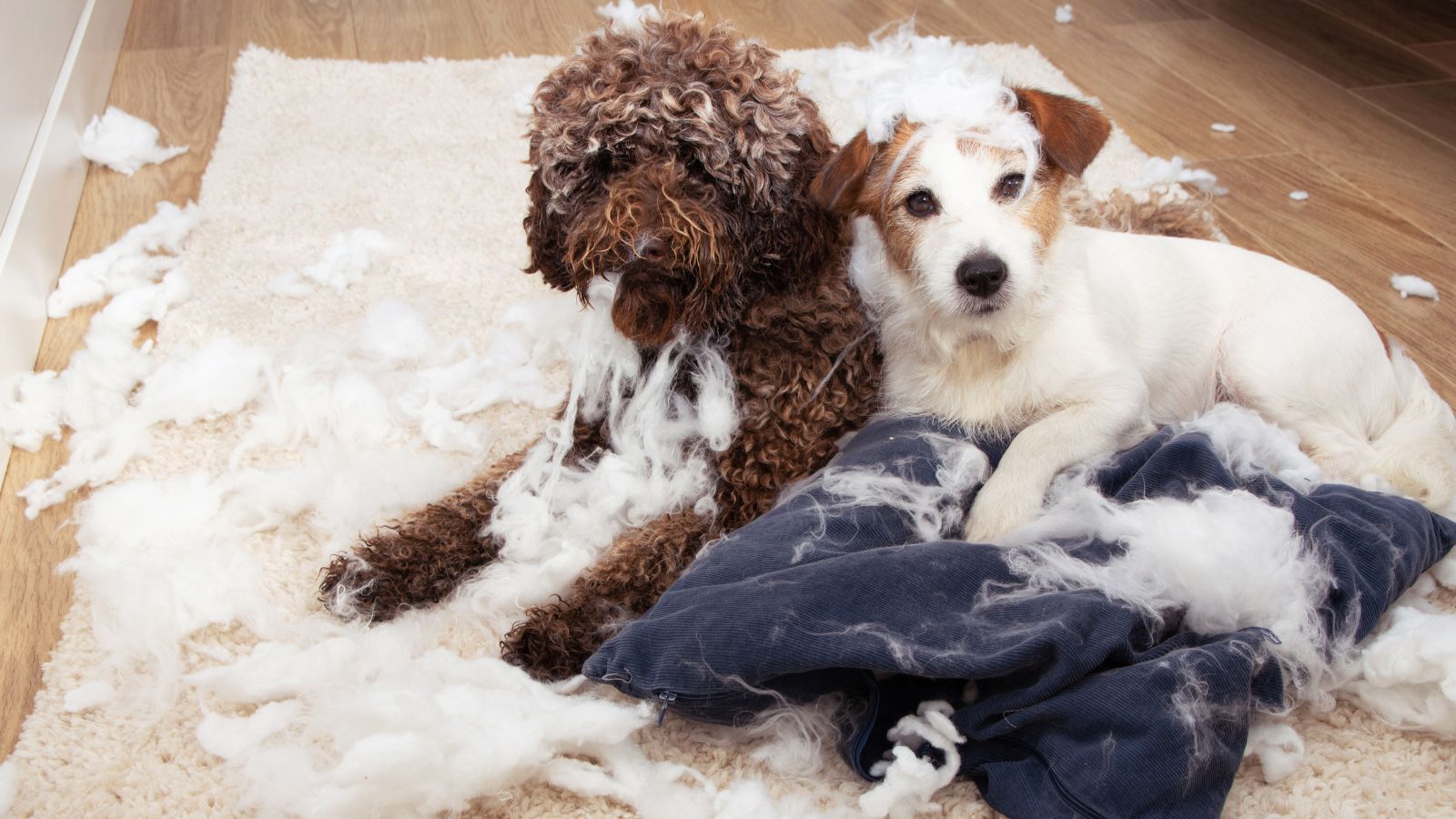
Pets, particularly when they are young, often chew on household items. Common damages can accumulate, costing thousands of dollars spent on repairs or replacements for dented furniture, scratched floors, and stained carpets. It’s essential to factor in potential damage when bringing a pet into your home.
Microchip and Licensing
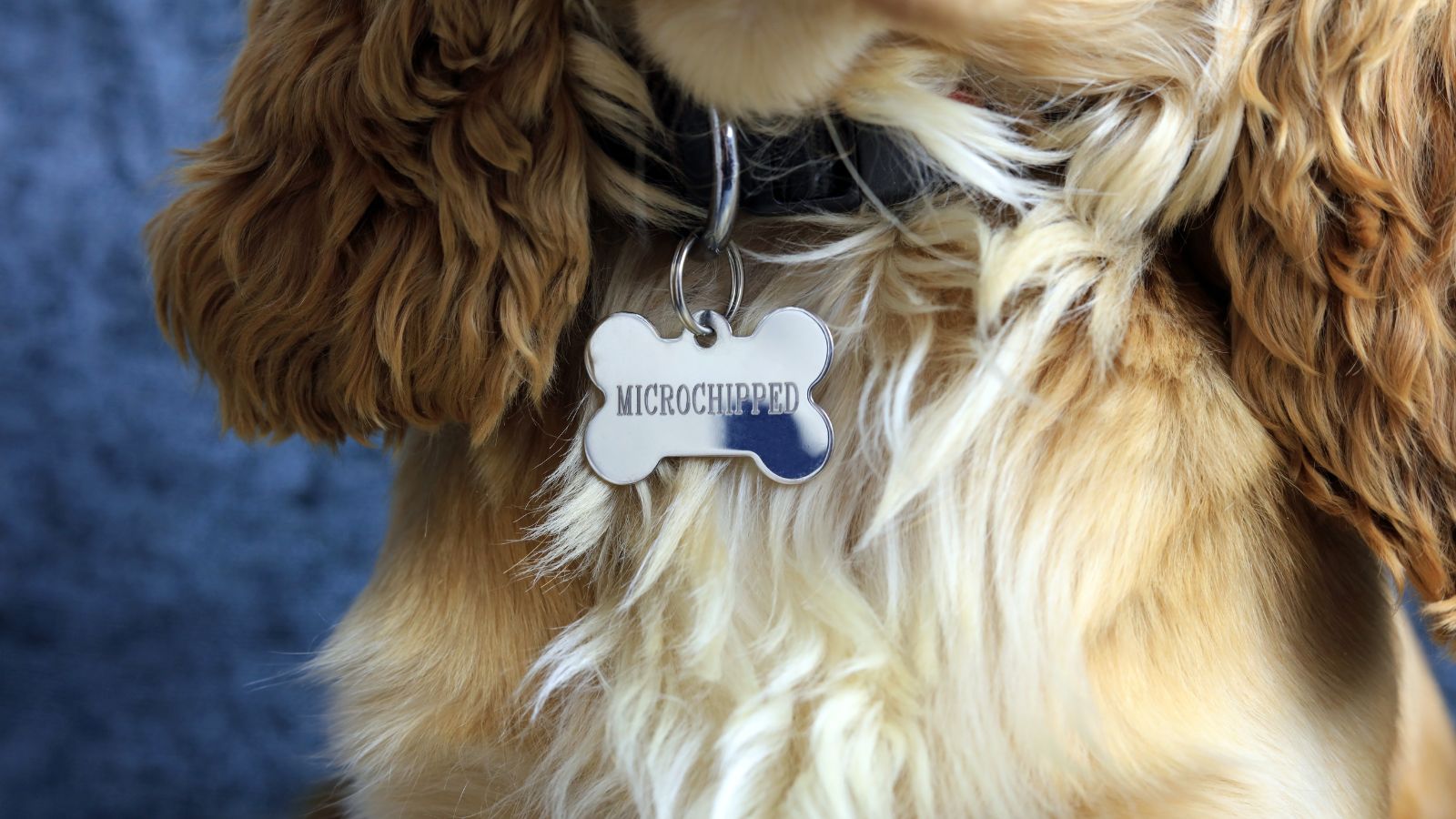
Microchipping and licensing are essential for locating and returning lost pets, with microchipping typically being a one-time expense. However, pet owners must renew their pet licenses annually, which incurs varying fees depending on the location. Together, these costs contribute to the overall financial responsibility of pet ownership.
Pet-Friendly Housing Fees

Typically, having a pet incurs an extra deposit or fee when renting. Most landlords charge a pet deposit, which may or may not be refundable. Generally, landlords also require a monthly pet fee. These costs can affect the search for rental properties and continue as a maintenance fee throughout the lease.
Increase Utility

Pets often lead to increased utility costs. For instance, an aquarium continuously consumes electricity to run filters and lights, while heating or cooling may need adjustment to maintain a comfortable pet environment. Additionally, more energy and water will be used for bathing, cleaning, and climate control, resulting in higher utility bills.
Lost Wages Due to Absence from Work
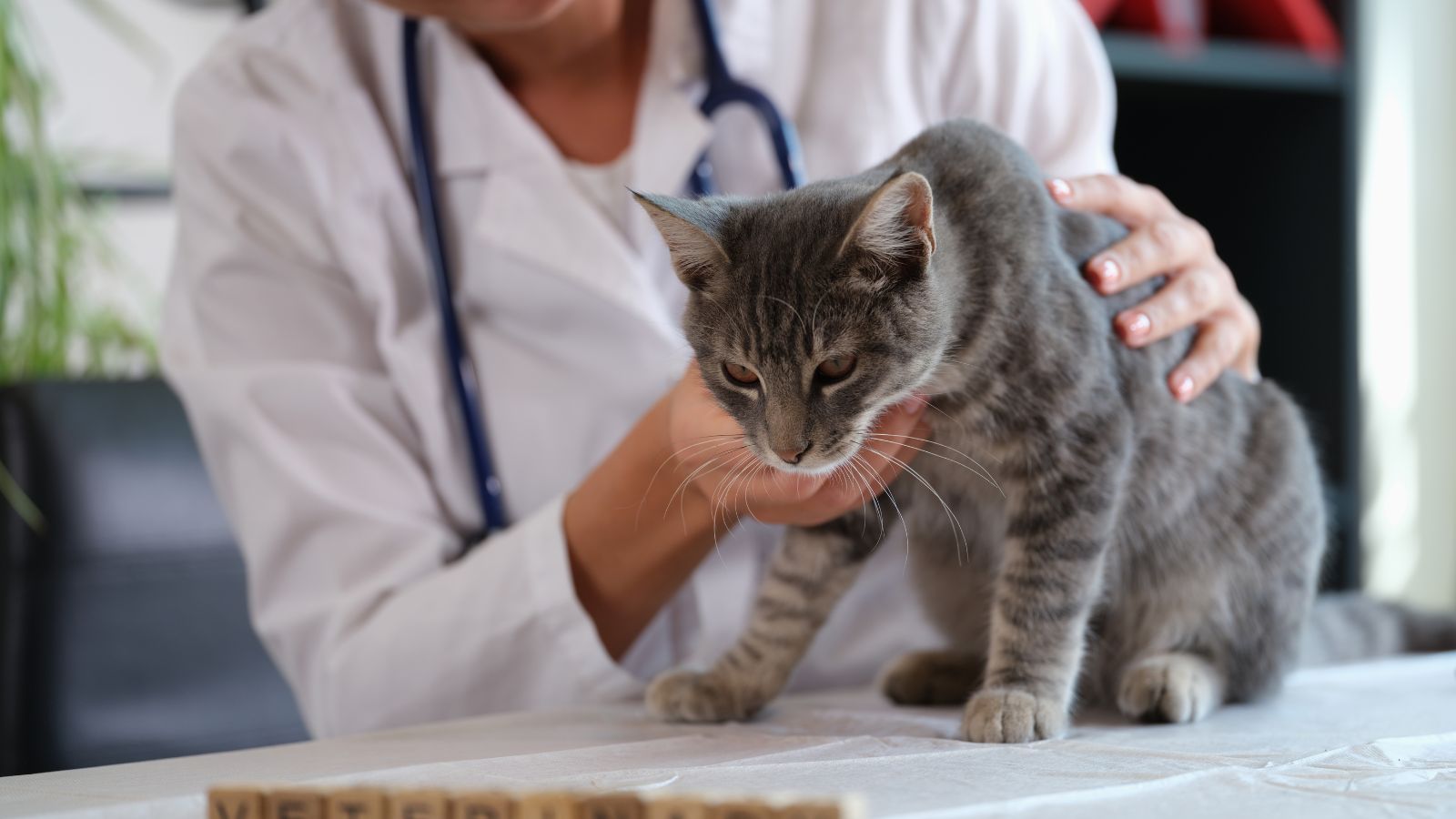
Owners must take time off work when pets become ill or require special care. This can lead to missed wages if the absence is not covered by accrued paid leave or vacation days, contributing to decreased overall income. Additionally, pets with chronic illnesses may require frequent check-up visits, increasing the likelihood of needing time away from work.
Funeral/Cremation Costs
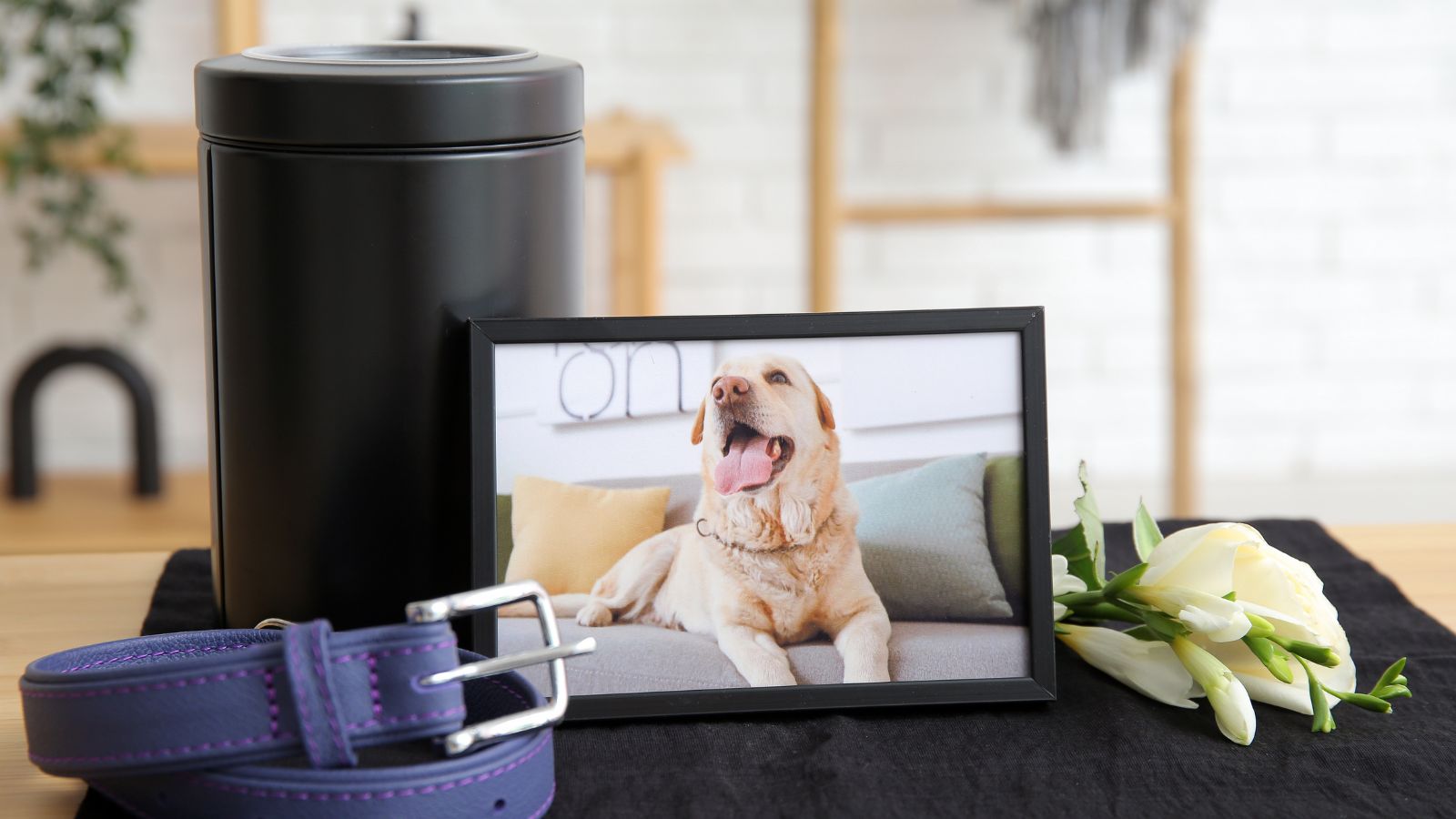
While it is certainly not pleasant to contemplate, pets unfortunately pass away. Burial or cremation services are expenses that many pet owners have not planned for. The costs of cremation and burial can vary significantly from one another. Additionally, owners often purchase memorial items or urns, which increases the final cost.
Conclusion

Owning a pet is one of the most rewarding endeavors. Still, before deciding to bring a pet home, it is important to understand the full scope of emotional and financial responsibilities. Unexpected costs can accumulate quickly, impacting family budgets and personal lifestyles. Prospective owners can prepare for the long-term commitment by knowing and planning these unanticipated expenses. Therefore, before welcoming a pet into your home, you should be mindful of the hidden costs and create an emergency fund, as the joys and responsibilities of being a pet parent go hand in hand.
18 Reasons Why People Are Leaving Florida in Masses

Exploring factors that impact the desirability of living in Florida, this list delves into various challenges shaping residents’ experiences. From environmental concerns like rising sea levels to economic factors such as fluctuating job markets, these issues collectively contribute to a nuanced understanding of the state’s appeal.
18 Reasons Why People Are Leaving Florida in Masses
